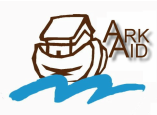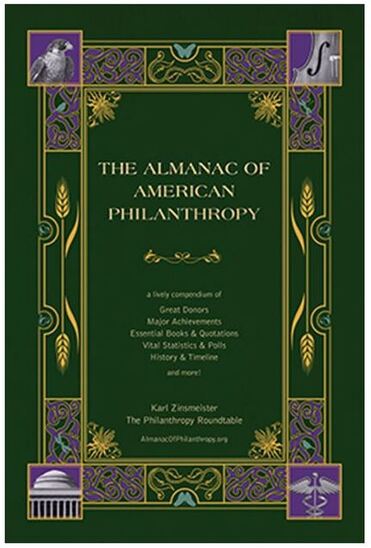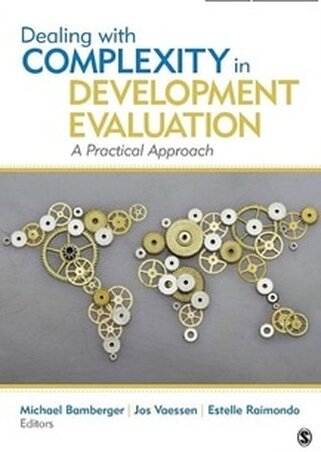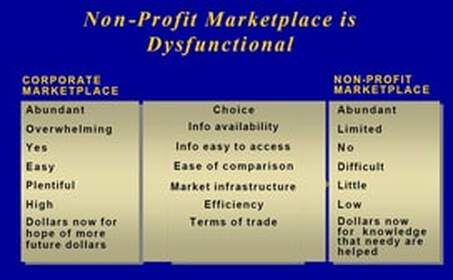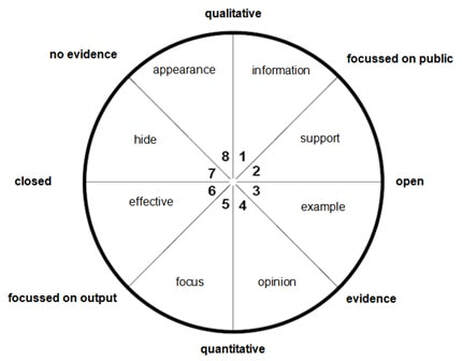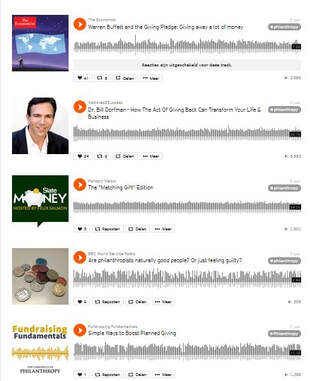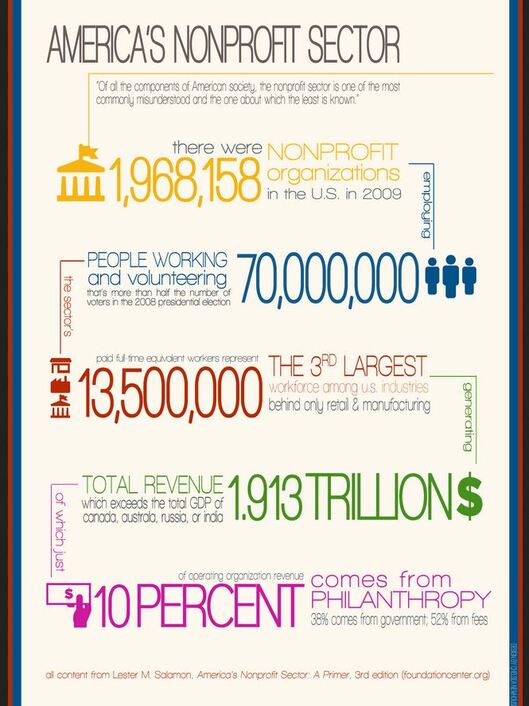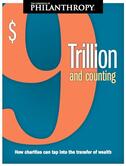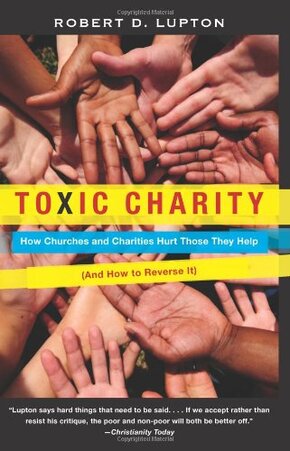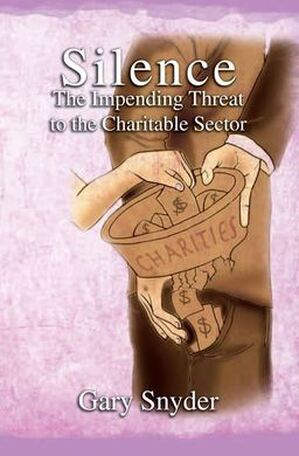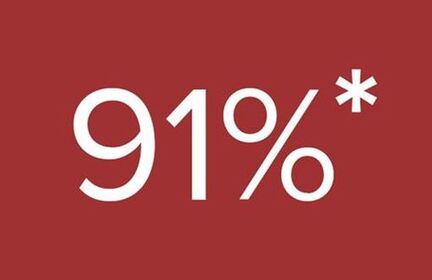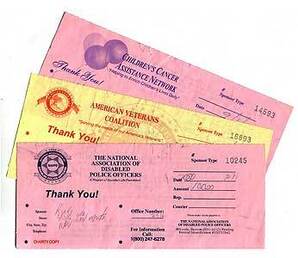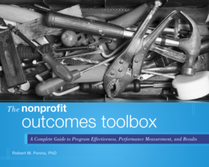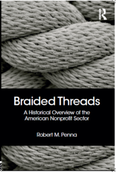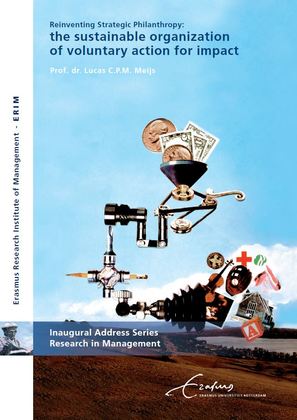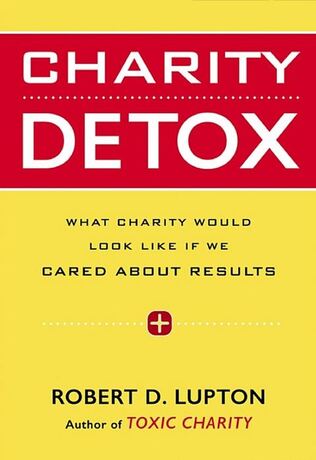The Association - ARK AID APPRAISAL is a Christian gift giving facilitator and nonprofit watchdog. AAA benchmarks Christian charities involved in the alleviation of poverty and injustice among the most vulnerable and the abject poor.
ARK AID is conducting research in the science of the comparative analysis of the predictive power of metrics used in output and outcomes predictions of 'Christian' nonprofits involved in poverty alleviation. This activity is done with the corollary of establishing a succinct algorithm that assigns a relative value to a nonprofit. This research and value determination is done with a view to benchmarking nonprofits for the benefit of benefactors who want to let their mind meet their hart, and generate a maximum impact, when giving to help the marginalized of this world. ARK AID is in this sense a partner in the effective altruism movement. The effectiveness of an output, even when it has been classified as a maximum impact project, is still proportional, not only to the input (the gifts), but to the effectiveness of the throughput of the input for that project; a much neglected area of investigation and concern.
The Charity Marketplace, history, emphasis, concerns, comparisons, etc. |
a. the positive: increasing trust and effectiveness b. the negative: deceit, misappropriation, mismanagement and lack of results |
How it's done: what are the criteria a. about metrics, checklists, taxonomies, and bench-marking b. how others rate charities c. how AAA assesses charities |
1. What is Charity Appraisal
|
Charity appraisal as a scientific discipline is of a relatively recent origin and scarce with respect to the amount of literature dealing with it. On the other hand, the research and attention given to the input aspect of charities has produced a plethora of publications dealing with every imaginable aspect of the fund raising trade. From the relation of the weather and fund raising success, to the color, frequency, etc. of the 'give now' buttons on a web page, to the physiology of the brain as it relates to the inclination to give, virtually every imaginable subject has been investigated to further fund raising success. The academic community has, although it is a recent phenomena, instituted faculties of philanthropy in universities (see an example: Philanthropy education in the UK and continental Europe, in part because of the prospect of gaining additional funding (see an example: Harvard Raises $1 Billion. Also here, the focus in the educational institutions has almost exclusively been on the input side of philanthropy.
(See Wikipedia about charity assessment) |
|
For many, the idea of evaluating charities in order to choose the better one's to give to, is such a daunting endevour consisting of so great a complexity and magnitude of variables, that it seldom results in personal research, reading of 990's, annual reports, and the like.
The alternative is to look to others who have done the research for them. |
|
Appraisals defended: A defense of ratings from a Christian perspective (from Wall Watchers, the Christian charity rating organization). In the same way that the Watchman empowered people to act for themselves by sounding the alarm (see Ezekiel 33:7), Wall Watchers empowers people today by providing them with the information they need to make better informed giving decisions.
Vertical Divider
|
|
"A free flow of information that is easily accessible, accurate, low cost, comprehensive and of high quality is a key ingredient to any well functioning marketplace."
Read about the relation of the financial marketplace and the charity marketplace. read more: what charities can Learn from Business
|
|
The rich donating to the rich
Donors Who Lavish Money on Elite Institutions Only Exacerbate the Wealth Gap By Pablo Eisenberg |

|
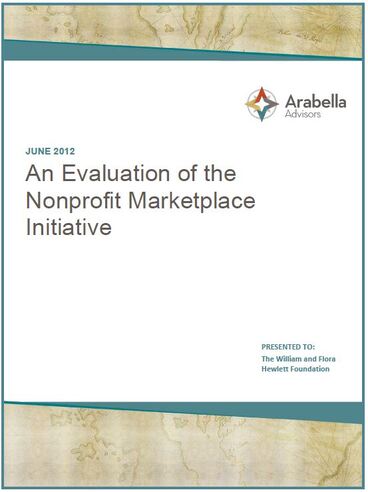
Effectiveness of Charity information [pdf]
"Donor demand for high-quality information remains limited" (A study by the Hewlett Foundation). |
2. Why: the need for appraisal
The appraisal or benchmarking of the type of aid given is of immense importance, but the benchmarking of the charities involved in the giving of that aid is of equal significance.
a. On the positive side: to increase effectiveness
The ultimate purpose of charity appraisal is the increase of aid effectiveness: See about this the: Wikipedia article.
Some will argue that rating charities will kill innovation [pdf].
Some will argue that rating charities will kill innovation [pdf].
|
The Christian Ministry Marketplace: the need to appraise: a comparison with the financial markets (source [pdf]) |
A defense of ratings from a Christian perspective
|
The importance of charity ratings: as seen from the perspective of Charity Navigator How a small organization influences giving by billions of dollars. |
The charity trust factor: Lack of [pdf], more.
too much focus on fundraising [pdf], A survey from 33,000 respondents in a world-wide study.
too much focus on fundraising [pdf], A survey from 33,000 respondents in a world-wide study.
|
Vertical Divider
The importance of charity appraisal:
Over 1 Trillion to 1 percent of Charities [PDF] Another 8 Trillion expected [PDF] $ 9 Trillion and Counting |
|
|
b. The need for appraisal; the negative side: because of deceit and misappropriation
|
Toxic Aid [pdf]: How the church hurts those they Help and how to reverse it; the book, by Robert Lupton
|
from the report:
"The charities on the “50 worst” list sent almost $1-billion to commercial solicitors and spent an average of less than 4 percent on direct cash aid to the needy over a decade"
"charities that channel most of the money they raise to professional solicitors, mimic other charities’ names, deceive donors on telemarketing calls, divert money and contracts to people with ties to their organizations, and use accounting tricks to inflate the amount they report spending on their missions."
They "wanted to filter out expenses that 'are easily manipulated to mask fundraising costs,' for example educational campaigns that are conducted along with fundraising activities or donated goods that charities can overvalue to make it look like they are spending more to help people. Charities are allowed to count such costs, along with a certain percentage of salaries, as program spending on their Form 990 tax filings."
"The charities on the “50 worst” list sent almost $1-billion to commercial solicitors and spent an average of less than 4 percent on direct cash aid to the needy over a decade"
"charities that channel most of the money they raise to professional solicitors, mimic other charities’ names, deceive donors on telemarketing calls, divert money and contracts to people with ties to their organizations, and use accounting tricks to inflate the amount they report spending on their missions."
They "wanted to filter out expenses that 'are easily manipulated to mask fundraising costs,' for example educational campaigns that are conducted along with fundraising activities or donated goods that charities can overvalue to make it look like they are spending more to help people. Charities are allowed to count such costs, along with a certain percentage of salaries, as program spending on their Form 990 tax filings."
3. How: the science of appraisal
Guidance to wise giving may be derived from several avenues.
-There are those who provide information, statistics, annual reports, data, etc., about charities, but it is up to the prospective donor to read and research all the vast amounts of material of thousands of charities in order to make a balanced decision. There are few who have the inclination to do so.
-Then there are accreditation agencies that provide a seal of approval but give no relative comparisons.
-And finally, there are agencies that rate or rank charities according to set standards and as a consumers guide help to make the best choices.
-There are those who provide information, statistics, annual reports, data, etc., about charities, but it is up to the prospective donor to read and research all the vast amounts of material of thousands of charities in order to make a balanced decision. There are few who have the inclination to do so.
-Then there are accreditation agencies that provide a seal of approval but give no relative comparisons.
-And finally, there are agencies that rate or rank charities according to set standards and as a consumers guide help to make the best choices.
b. Those giving a seal of approval: the accreditation agencies
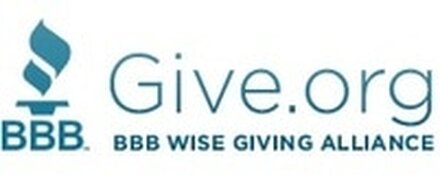
|
From Output Measurement to Impact Measurement [PDF]: a dissertation by Karen Maas about Corporate Social Performance
|
Impact measurement [PDF]
|
Water for Life: Impact measurment (see dutch version) |
Impact measurment
|
